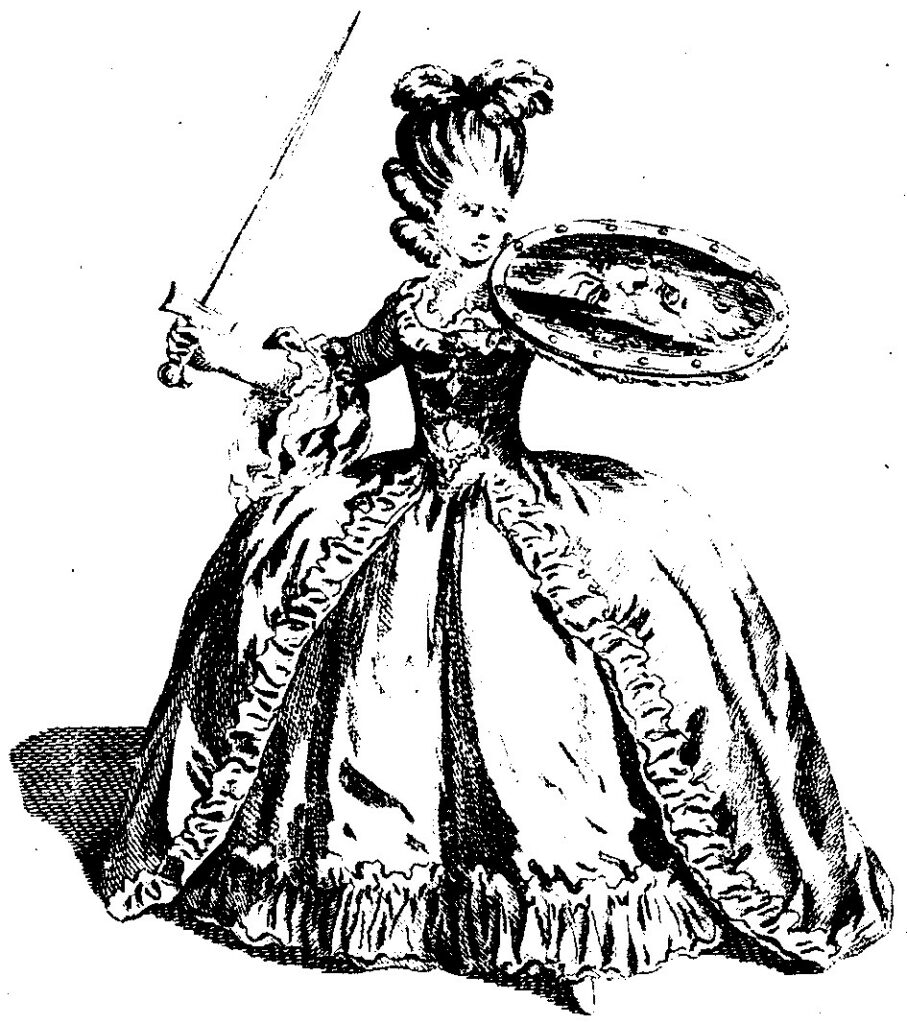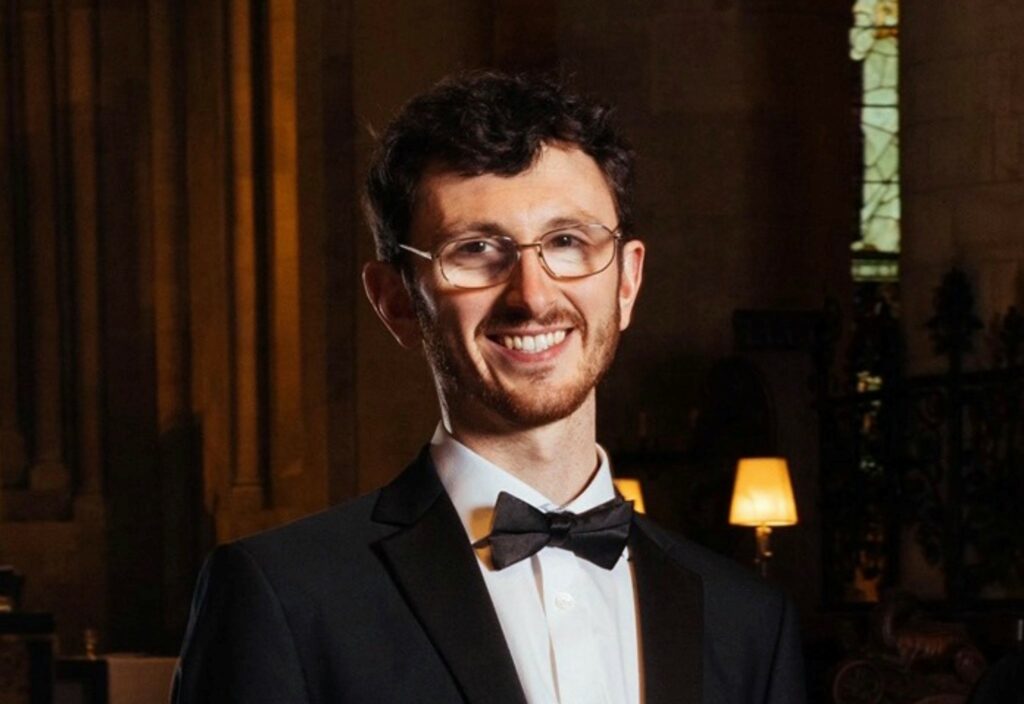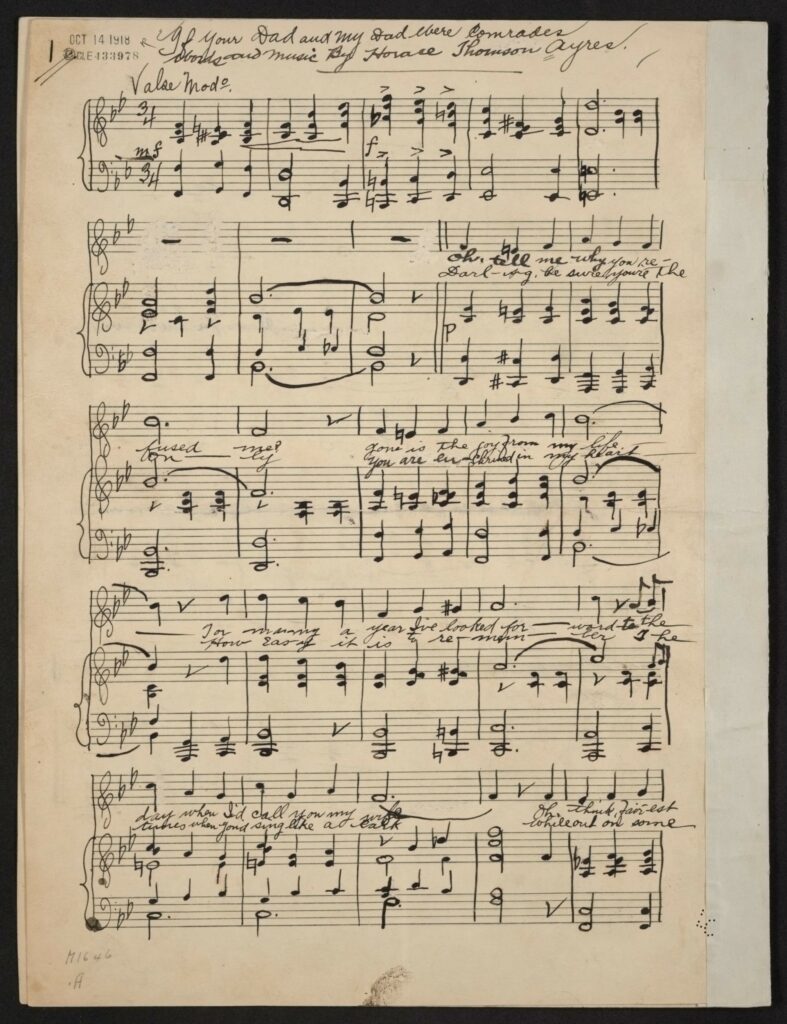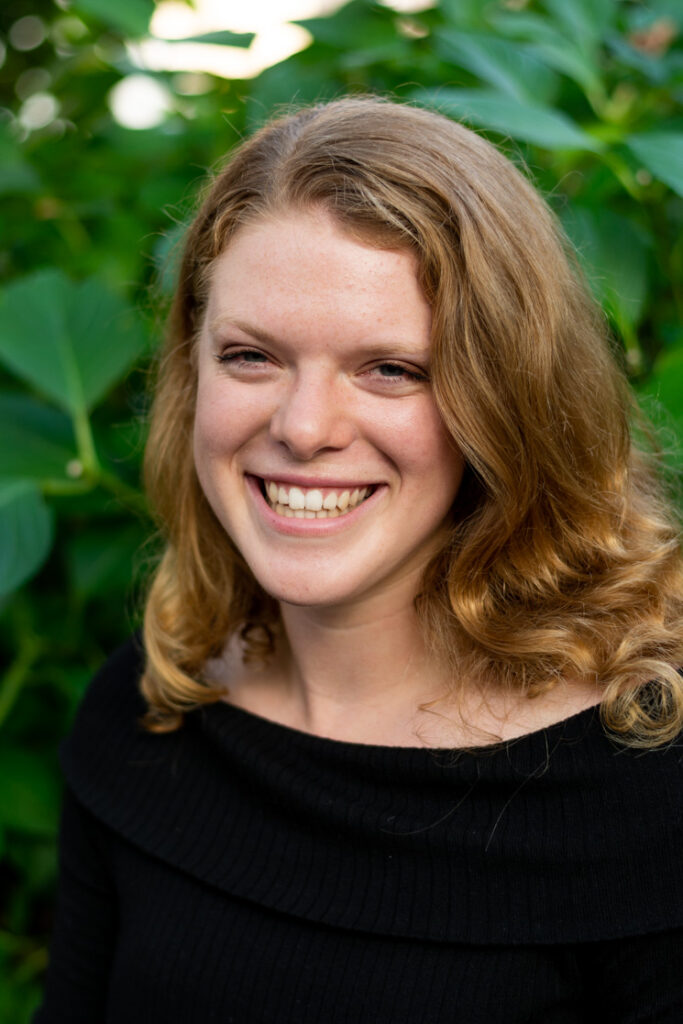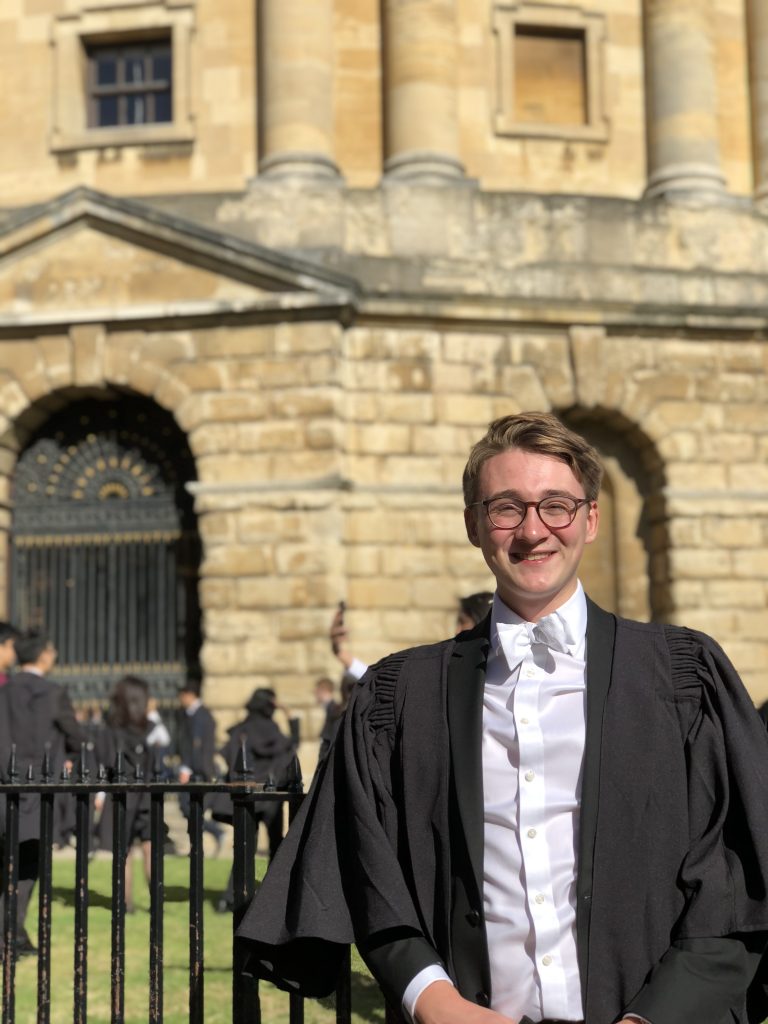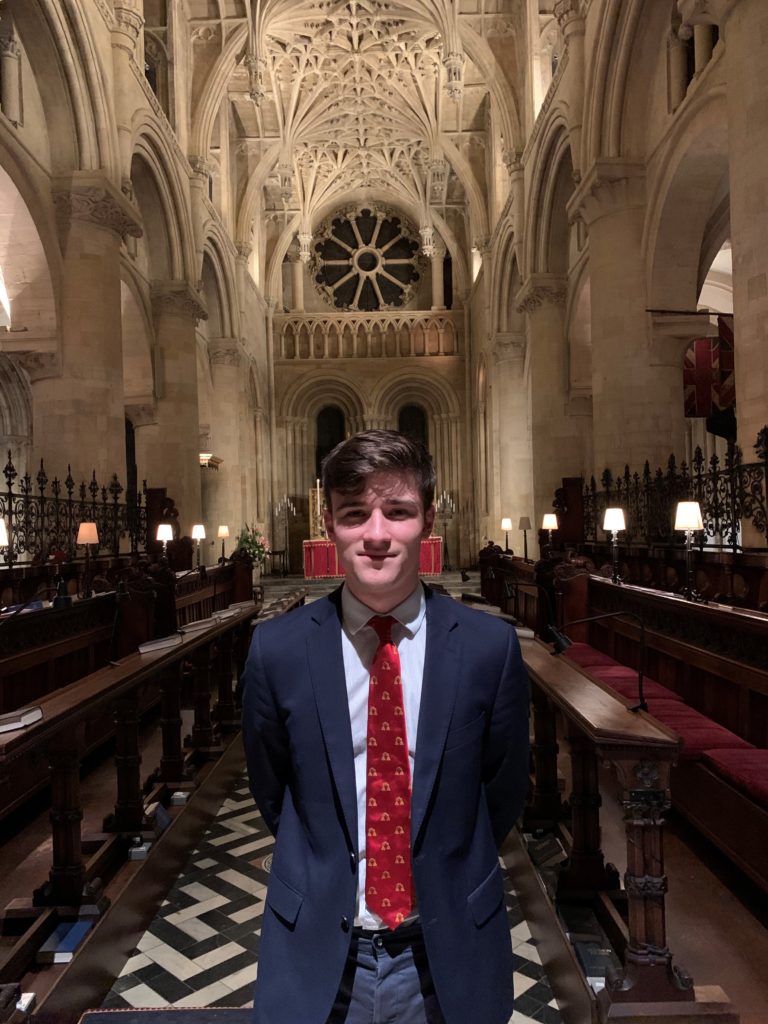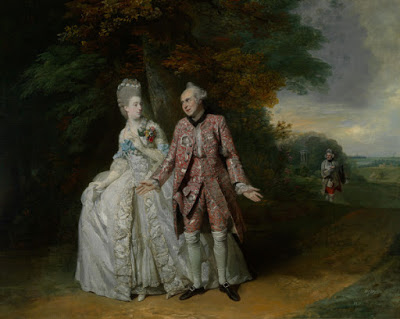Welcome to the New Chamber Opera Studio Recital Series which is held on Fridays at 1.15 pm during term time in New College Ante-Chapel. The recital series has been running since 1994 and offers singers across the University and beyond the opportunity to perform a short programme in a relaxed atmosphere.
Week 1 – 29 April
Ben Watkins
Week 2 – 6 May
Amy Higgins
Week 3 – 13 May
Jessie Edgar
Week 4 – 20 May
Theo Nisbett
Week 5 – 27 May
Dónal McCann – Cancelled
Week 6 – 3 June
Lois Heslop
Week 7 – 10 June
Clara Wittmann
Week 8 – 17 June
Anna Townsend

Week 1
29 April
Ben Watkins with Dónal McCann
Download a programme
Download a biography

Week 2
6 May
Amy Higgins with Tom Burkill
Download a programme
Download a biography
Livestream Link
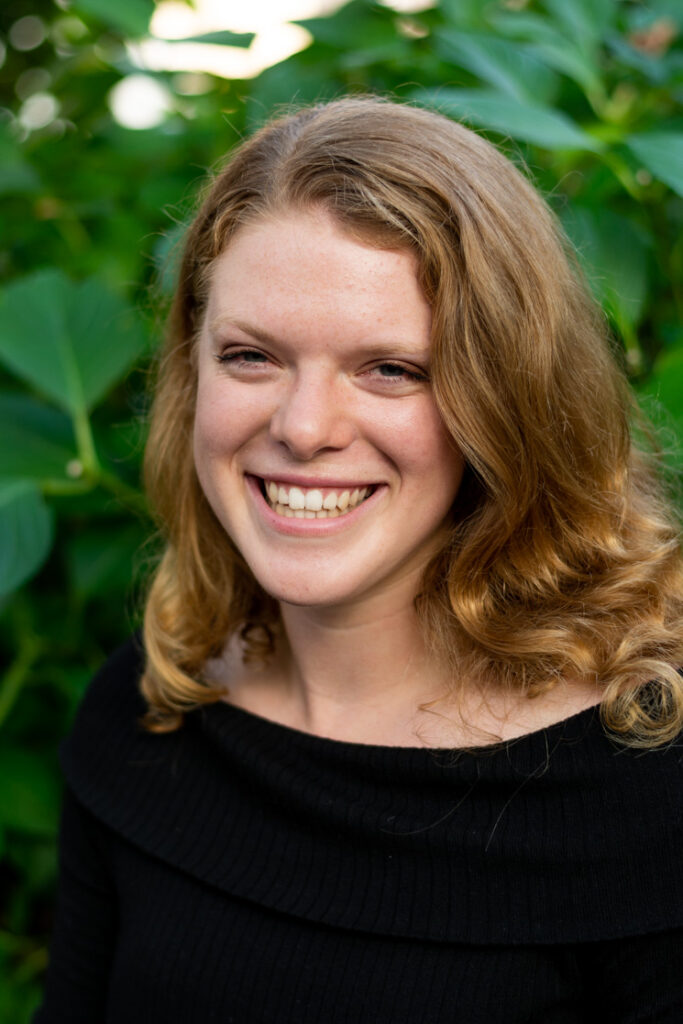
Week 3
13 May
Jessie Edgar with Luke Mitchell & Dan Gilchrist
Download a programme
Download a biography
Livestream Link

Week 4
20 May
Theo Nisbett with Dónal McCann
Download a programme
Download a translation
Download a biography
Livestream Link

Week 5
27 May
Dónal McCann with Robert Quinney – Cancelled
Download a programme
Download a biography
Livestream Link

Week 6
3 June
Lois Heslop with John Johnston & Jamie Andrews
Download a programme
Download a biography
Livestream Link

Week 7
10 June
Clara Wittmann with Clara Graham & Jack Edis
Download a programme
Download a biography
Livestream Link
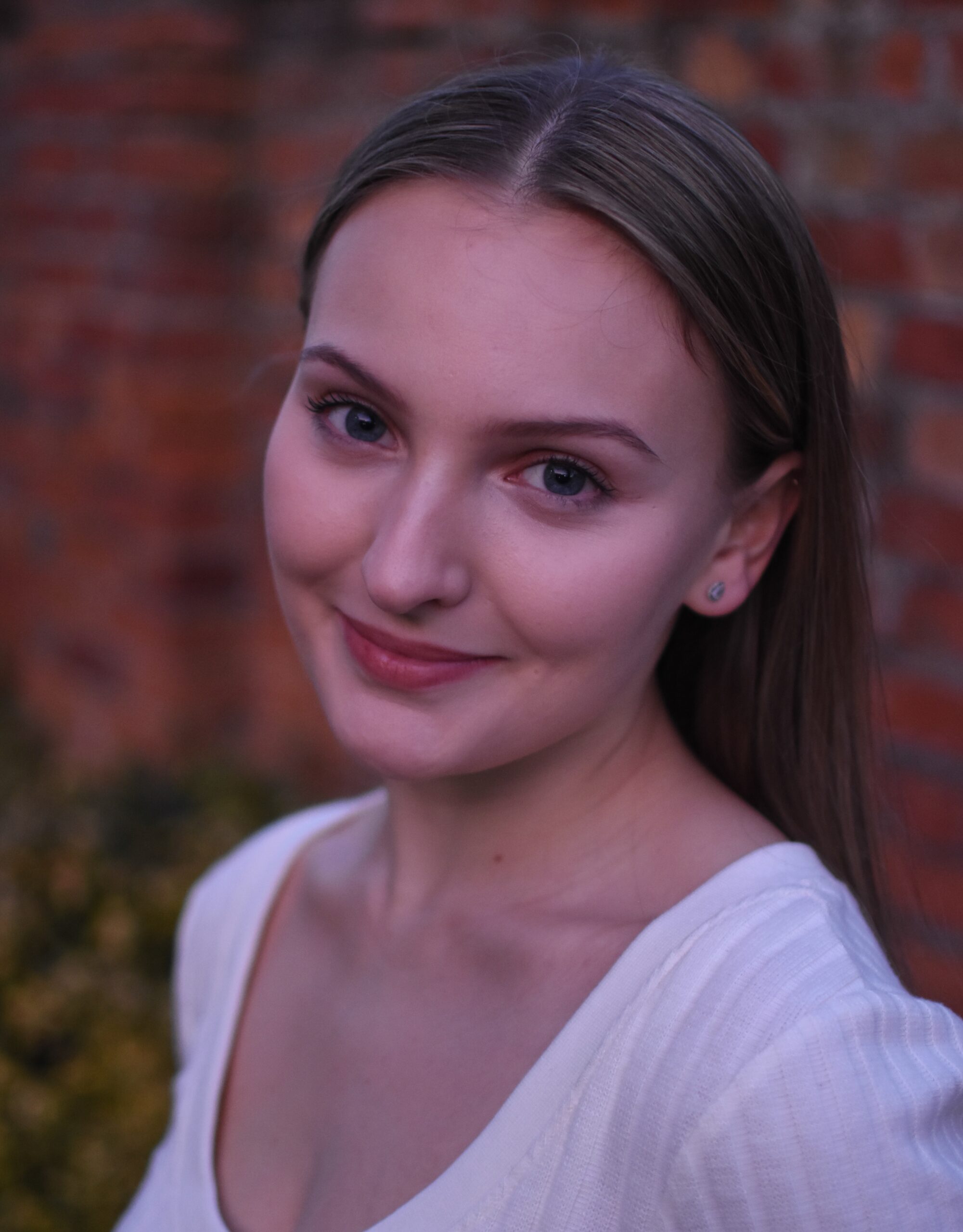
Week 8
17June
Anna Townsend with Harry Baigent
Download a programme
Download a biography
Livestream Link
 New Chamber Opera
New Chamber Opera



